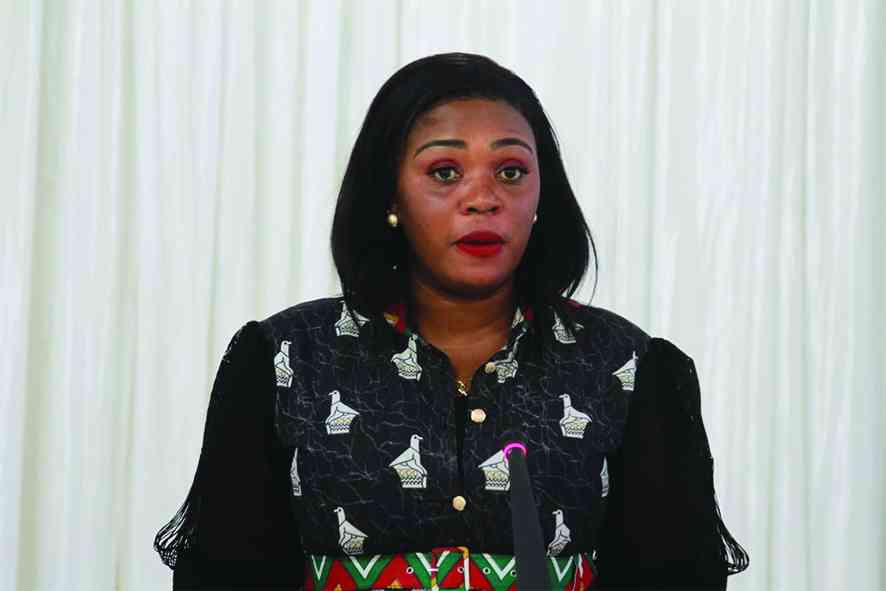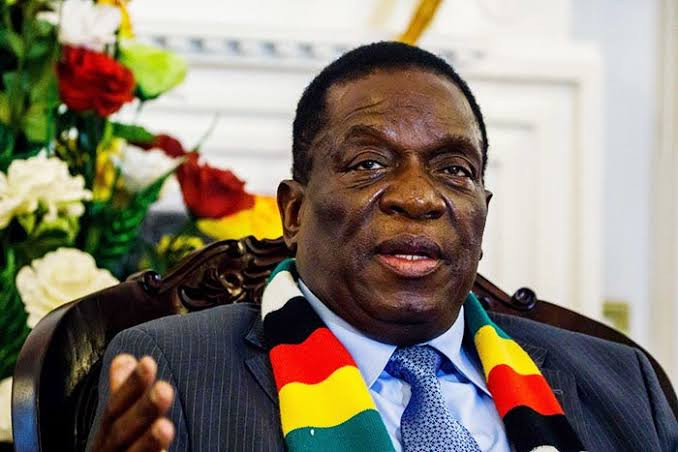
Government is launching a series of information and communication technology (ICT) skills training workshops specifically designed for rural communities as it accelerates plans to create a digital economy by 2030.
The initiative, according to ICT minister Tatenda Mavetera, is aimed at bridging the digital divide and empowering citizens with the skills needed to thrive in an increasingly digital world.
“The main thrust is to equip schools with the necessary hardware and knowledge to nurture a generation of techno-savvy individuals who will be ready to face life's challenges,” she told NewsDay Business on the sidelines of an interactive session of child lawmakers with President Emmerson Mnangagwa in Harare last week.
“From school teachers to school leavers in rural areas, there will be ICT skills training tailor-made for each demographic, in line with the President's vision of establishing a digital economy by 2030.
“We will partner with industry leaders, academia, and civil society to accomplish this goal.”
Mavetera said the initiative dovetails with the government’s thrust of “leaving no one and no place behind.”
“So, we need to go out there to the deep countryside and bring them up to speed with modern ways of communication, trading and learning among other benefits that come with ICTs.”
The ministry’s permanent secretary Beaullar Chirume recently said a partnerships between government, industry leaders, academia and civil society would unlock the full potential of ICT for the benefit of humanity.
- NoViolet Bulawayo’s new novel is an instant Zimbabwean classic
- Jah Prayzah, Zanu PF rekindles ‘lost love’
- Bank workers appeal to Ncube for tax relief
- Indosakusa marks 21-year anniversary milestone
Keep Reading
She made the remarks at the recently-held 2024 Huawei Zimbabwe Congress Summit in Harare.
Recently, over 30 individuals with hearing impairment in Manicaland Province completed a week-long ICT skills training programme, organised by the Postal and Telecommunications Regulatory Authority of Zimbabwe and funded by the Universal Services Fund.






